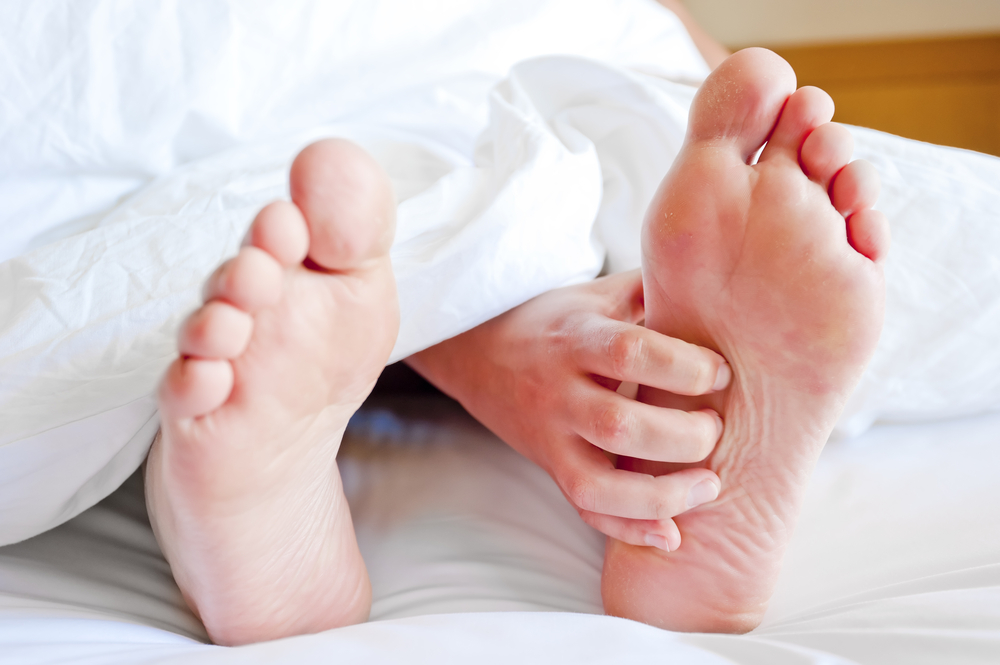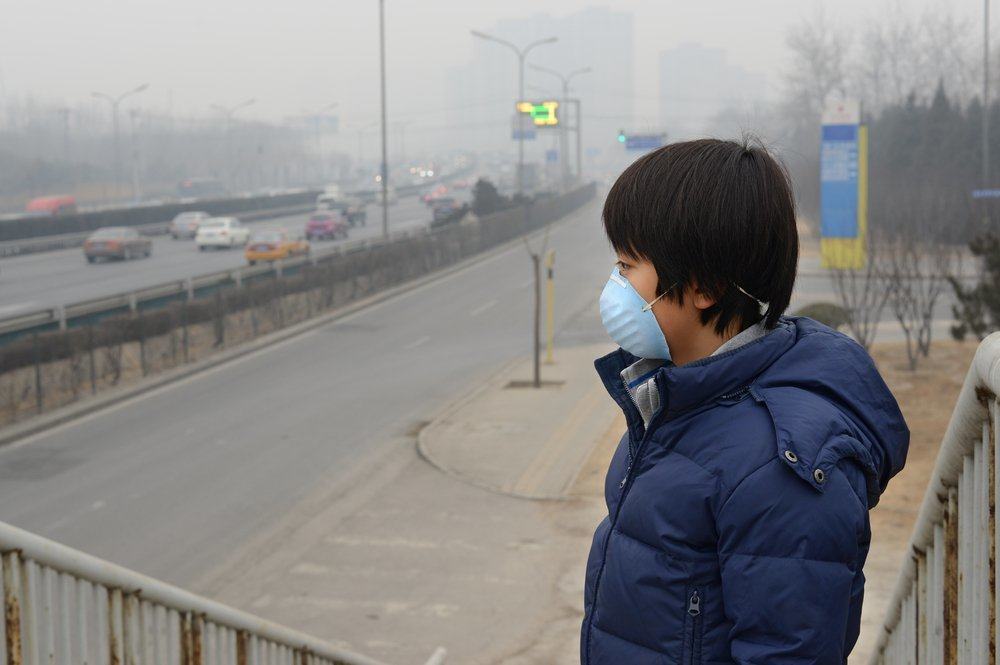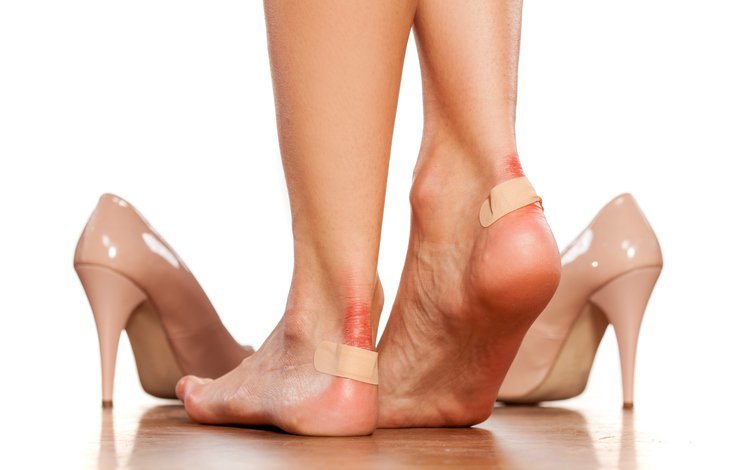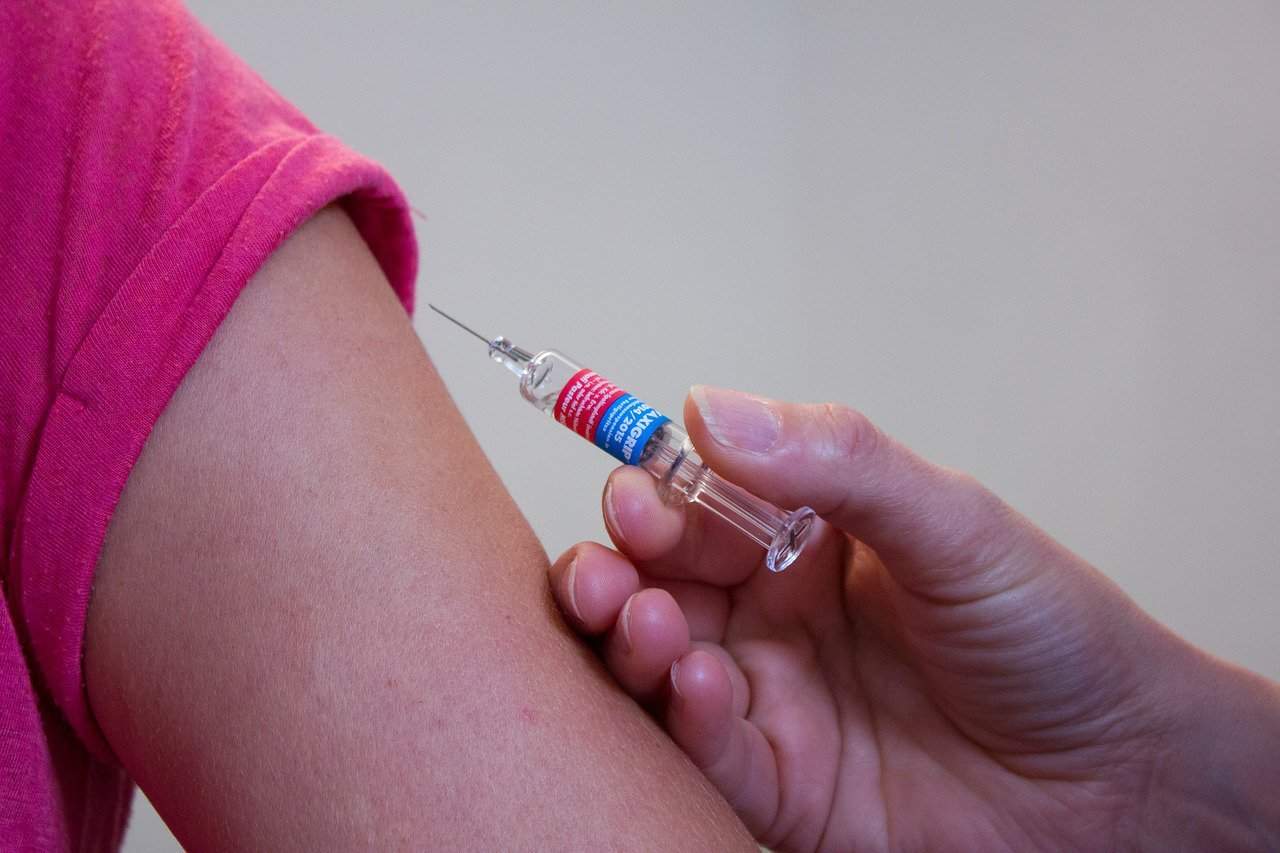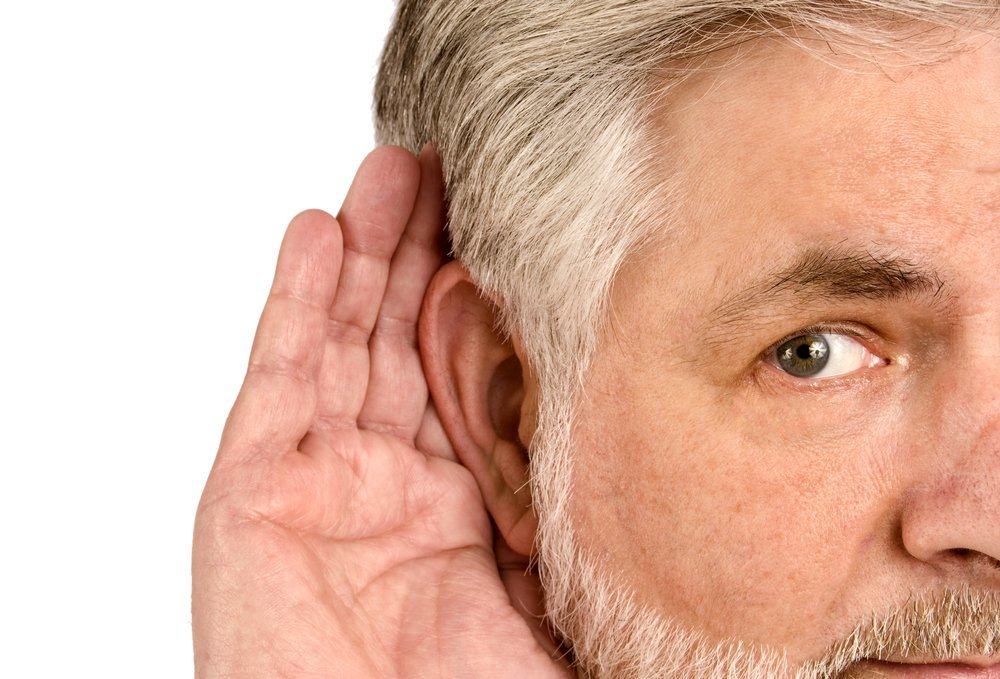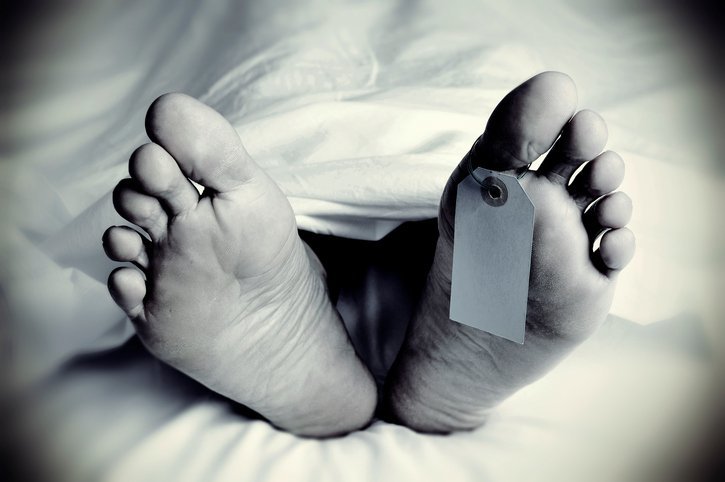Contents:
- Medical Video: Why Do I Get Itchy Feet/Skin at Night | How To Get Rid of ITCHY FEET ??
- Neurodermatitis, causes of itchy hands and feet at night
- Symptoms of neurodermatitis
- Causes and risk factors for neurodermatitis
- Be careful of infections due to itching at night
- How do you deal with neurodermatitis?
Medical Video: Why Do I Get Itchy Feet/Skin at Night | How To Get Rid of ITCHY FEET ??
Is it often your back or wrist itching at night? Once you scratch it, the itching actually increases. If so, maybe you are experiencing neurodermatitis. What is neurodermatitis? Come on, see the following review to find out more about this disease.
Neurodermatitis, causes of itchy hands and feet at night
Neurodermatitis or also called chronic liken simplex is a chronic skin disease that causes itching. The initial cycle that occurs in this disease is the onset of itching which can make the skin thick and rough. As a result of scratching it, the skin will appear small spots which then widen into spots.
In addition to the legs, this disease also often occurs on the wrist, the back of the neck, forearm, thighs, anus (anus), and the genital area such as the skin of the scrotum (testicles) and vaginal lips. This disease is not dangerous and is not contagious, but can interfere with your activities, sexual function and quality of life due to repeated itching.
Symptoms of neurodermatitis
The following symptoms occur in neurodermatitis, such as:
- Itching arises in certain parts of the body.
- The itchy part becomes thick and feels rough.
- Spots appear which then spread into spots, sometimes red or darker than the surrounding skin. However, the spots will not continue to widen until the skin color changes.
- Itching can disappear and return or continue to occur, even when you want to sleep.
If you feel these symptoms, the itching disturbs the activity and becomes a habit, even makes the skin feel sore and irritated, immediately see a dermatologist to deal with this disease.
Causes and risk factors for neurodermatitis
Reporting from the Mayo Clinic, until now, the exact cause of neurodermatitis is unknown. However, this disease can occur in someone who has dry skin, eczema, psoriasis, allergies and emotional disorders.
Other factors such as insect bites and using clothes that are too tight, especially those made from wool, polyester, and rayon can also trigger this disease. In addition, doing tiring activities in hot weather causes sweat and decreased blood pressure can also trigger neurodermatitis.
This disease is usually vulnerable to someone who is around 30 to 50 years old. Then, based on gender, women are more at risk of developing this disease than men. In addition, the use of lithium drugs and venous insufficiency (lack vascular function from back to the heart) can also be a risk factor for itchy hands and feet, especially at night.
Be careful of infections due to itching at night
The wounds you scratch continuously can cause irritation. If it is not treated as soon as possible, the bacteria will more easily enter the wound and will cause infection. Permanent scars will also change the color of your skin. Sometimes it causes hyperpigmentation (the skin becomes darker in color than the surroundings).
How do you deal with neurodermatitis?
For treatment, people with hands, body, or legs itch because neurodermatitis will be prescribed several drugs. Here are the medicines.
- Antihistamines (allergy medications) to reduce itching and inflammation
- Corticosteroids, both capsules and creams, to suppress inflammation
- Sedative to control stress levels
- Salicylic acid to reduce the occurrence of thickening of the skin
In addition to drugs, the most important thing for patients with neurodermatitis is reducing scratching so the skin does not thicken and irritate. In addition, applying petroleum jelly can also prevent dry skin. Because, neurodarmatitis is prone to occur in people with dry skin.

